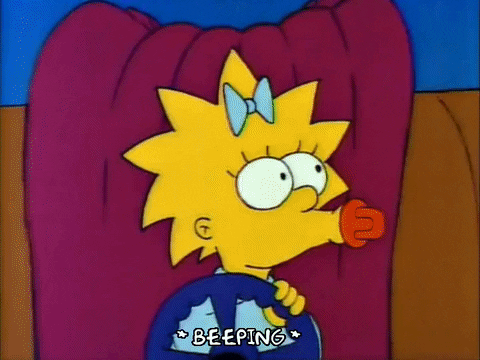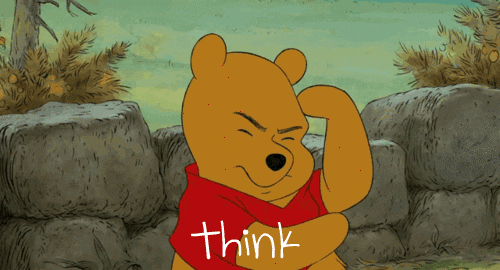|
🎭 They say imitation is the sincerest form of flattery. If creativity plays a key role in your job, you are very jealous of what you invent every day. 💡 When you find the right words or come up with an original idea, you are happy with your result and want to protect it. What can spoil your happiness? The fact that someone else appreciates your idea and then passes it off as their own, perhaps with slight modifications. 😡 First, of course, you get angry. Lately, however, I have started to see it differently; imitation is annoying, but maybe it means your idea works! ❔ What do you think?
0 Comments
Confessions of an audiovisual translator - Part 2 Sometimes I spend half an hour thinking about the proper translation of a single sentence. Am I slow? Am I stupid? No, I'm just a translator. Whenever I face a particularly challenging sentence, especially a poetic one, I find myself thinking about it over and over again. Audiovisual translation is a creative job, so it may take time to find the right solution! And if I have writer's block, I like to take a walk outside and focus on something else for a while. I feel you, Winnie. 😂 Consistency is a fundamental parameter in translation.
Even a great translation can be affected by a lack of consistency. That is why, before sending our translations, we must double-check that a noun, expression, or verb is translated in the same way. In some texts, e.g., instruction manuals, a lack of consistency can be extremely dangerous and might lead to misuse by the final user. CAT tools can help us ensure consistency, but they are ineffective to translate some texts. So, what are the solutions? :) Glossaries, of course, are useful tools. Rereading our text several times helps us to make sure that we translated a word in the same way throughout it. As with other parameters of translation, asking a reviewer to check the translation is a great way to improve its quality. Do you have any other suggestions? |
|


